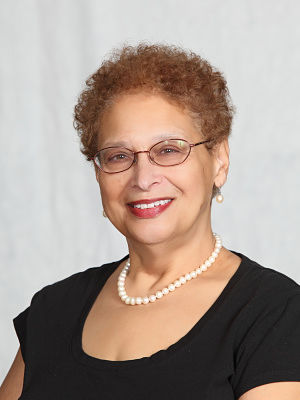Lookin’
[creative nonfiction]
New in Indianapolis and recently divorced, Charles went out to Madame C. J. Walker’s Ballroom in 1942. He heard it was the place for Negroes to mingle. On a mission to find a nice colored girl to start over with, he straightened his tie before following the music up the stairs. There he found a tuxedoed band, perched up on a roulette wheel bandstand, shimmying out the foxtrot that couples danced to.
He took in the scene from the bar, his eyes flitting from one lovely lady in a fancy dress to the next. As he sipped a too-expensive shot of bourbon, he saw another man eye his broad shoulders and shined-but-worn shoes before coming over.
“See somethin’ you like?”
“Plenty,” Charles said.
“Looky here, Jack,” the man said. “Meeting a girl at Walker’s depends on how much you got in your wallet and who your daddy is, see? And if she ain’t happy with both, all you’re going to get is ONE dance, if you’re lucky.”
As Charles watched smooth-talking men in stylish suits lead those women onto the dance floor, he realized he couldn’t make any time here. So he stayed a while for the jazz, and watched the spectacle before walking back to his boardinghouse.
Where else was there for a colored man to find a suitable girl? Not like the wife he had to marry down in Georgia when he was seventeen, the one who said the baby was his, and later that it wasn’t.
He hadn’t found that suitable girl at the churches he’d tried. They were either too old, married, or not very attractive. And the mother of the one he had approached had snatched her away because he was divorced.
Neither had he found the girl he was looking for out at the Sunset Terrace, where the brown sugar went to dance. They were good-looking all right, sporting outfits that clung to their charms, with jaunty hats tipped over done-up hair. The ones he talked to sho’nuff looked like sugar, but their salty talk tasted too much like his past.
On his walk back home, that girl in the mailroom at work ran through his mind. Like always. The white girl with enough guts to talk to him like a straight-up man. The sweet one whose soft skin he imagined touching, even though the Klan would string up his damned fool self for looking at her, like they did those two boys a few years ago, down the road.
And yet, Charles did finally sneak down to the mailroom, whispering sincerely to her what he’d practiced in his mirror.
“I don’t mean to be out of line, but I want you to know I like you. Very much.”
She stared at him. Weighed his words intently.
“I’ve thought of you too,” she said.

 E. Dolores Johnson’s writing on race has appeared or is forthcoming in The Buffalo News, the Women of Color Anthology: Boundaries and Borders, and Narratively. Her multigenerational memoir about mixed-race life also shows the browning of America and changing attitudes about race-mixing. She is looking for a publisher. Johnson completed the Memoir Incubator program at Grub Street and studied creative writing at Harvard’s Nieman Foundation. She has been awarded residencies at Djerassi, Blue Mountain Center, Ragdale, and the VCCA colonies. She has consulted on diversity for think tanks, universities, major corporations, and nonprofits. Johnson holds a Harvard MBA and a Howard University BA. Follow her on twitter@ elladolo.
E. Dolores Johnson’s writing on race has appeared or is forthcoming in The Buffalo News, the Women of Color Anthology: Boundaries and Borders, and Narratively. Her multigenerational memoir about mixed-race life also shows the browning of America and changing attitudes about race-mixing. She is looking for a publisher. Johnson completed the Memoir Incubator program at Grub Street and studied creative writing at Harvard’s Nieman Foundation. She has been awarded residencies at Djerassi, Blue Mountain Center, Ragdale, and the VCCA colonies. She has consulted on diversity for think tanks, universities, major corporations, and nonprofits. Johnson holds a Harvard MBA and a Howard University BA. Follow her on twitter@ elladolo.


